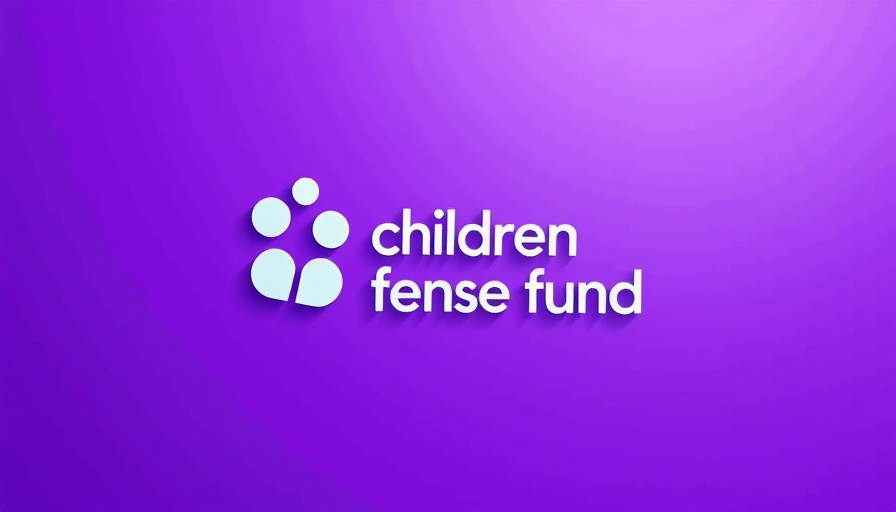
A Legacy of Courage: Celebrating Young Changemakers
This month marks an important anniversary related to the Civil Rights Movement—the founding of the Student Nonviolent Coordinating Committee (SNCC) in April 1960. Often overlooked, children and young people were pivotal in advocating for civil rights and dismantling systemic racism. They faced aggression and hostility, standing firmly against oppression and inspiring generations.
The Young Icons of the Civil Rights Movement
Historical figures like Ruby Bridges at just six years old and the Little Rock Nine exemplified the bravery of youth during the movement. These students faced extreme adversity. Bridges, who would later collaborate with the Children’s Defense Fund, continues to share her story and educate others about the sacrifices made in the struggle for equality. Their journeys underscore a stark truth: the events of the Civil Rights Movement are not merely historical footnotes; they are a living part of our ongoing fight for justice.
Lessons Learned from the Birmingham Children’s Crusade
When Dr. Martin Luther King, Jr. was incarcerated, thousands of youth stepped up, leading the Birmingham Children’s Crusade. In May 1963, over 1,000 students marched to confront systemic injustice, some even facing the harshness of fire hoses and police dogs. This moment exemplified the civic engagement of young people ready to instigate change; their courage was undeniably transformational.
A Movement Fueled by Youth Activism
The dynamic activism of college-aged individuals during this period facilitated numerous voter registration drives and civil rights initiatives, notably Freedom Summer in Mississippi. These young activists understood the profound risks they faced—arrest, injury, even death—but their commitment to justice propelled them forward. Their unwavering resolve resonates with many in today's efforts advocating for social change.
The Vision of Ella Baker
Central to the formation of SNCC was the visionary activist Ella Baker. Recognizing the potential in young people to lead, Baker catalyzed the collaborative spirit of student activism. Her belief in the necessity of youth finding their own voice rather than simply aligning with established organizations reshaped perceptions about the role of youth in movements for social justice.
A Continuing Legacy of Activism
Despite its brevity, the legacy of SNCC persists. Many alumni dedicated their lives beyond SNCC to advocacy and service, continuing to inspire and mentor new generations. This legacy conveys a powerful message: no matter your age, you can make an impact. Today, programs like Children’s Defense Fund Freedom Schools® remind young people that their involvement is crucial in shaping the future of civil rights.
Empowering the Next Generation
As parents in Denver reflect on the sacrifices of these young leaders, it bears understanding that instilling values of justice and civic engagement in children is vital. Participating in community initiatives and encouraging discussions about current events can foster a sense of responsibility toward social justice.
Conclusion: The Call for Action
The stories of youth from the Civil Rights Movement remain relevant, offering motivation for today's adults and children alike. The fight for equality continues, but it begins with understanding our history. Encourage your children to engage with these lessons, and consider how activism can shape a better future. Seek out opportunities for your family to learn and participate in local justice initiatives, as this commitment to action is fundamental in continuing this legacy.
 Add Row
Add Row  Add
Add 




Write A Comment